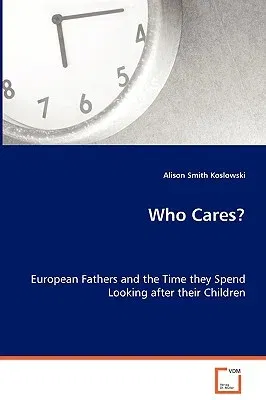Alison Smith Koslowski
(Author)Who Cares?Paperback, 4 August 2008

Qty
1
Turbo
Ships in 2 - 3 days
In Stock
Free Delivery
Cash on Delivery
15 Days
Free Returns
Secure Checkout
Print Length
332 pages
Language
English
Publisher
VDM Verlag Dr. Mueller E.K.
Date Published
4 Aug 2008
ISBN-10
3639071018
ISBN-13
9783639071016
Description
Product Details
Author:
Book Format:
Paperback
Country of Origin:
US
Date Published:
4 August 2008
Dimensions:
22.86 x
15.24 x
1.75 cm
ISBN-10:
3639071018
ISBN-13:
9783639071016
Language:
English
Location:
Saarbrucken
Pages:
332
Publisher:
Weight:
444.52 gm

